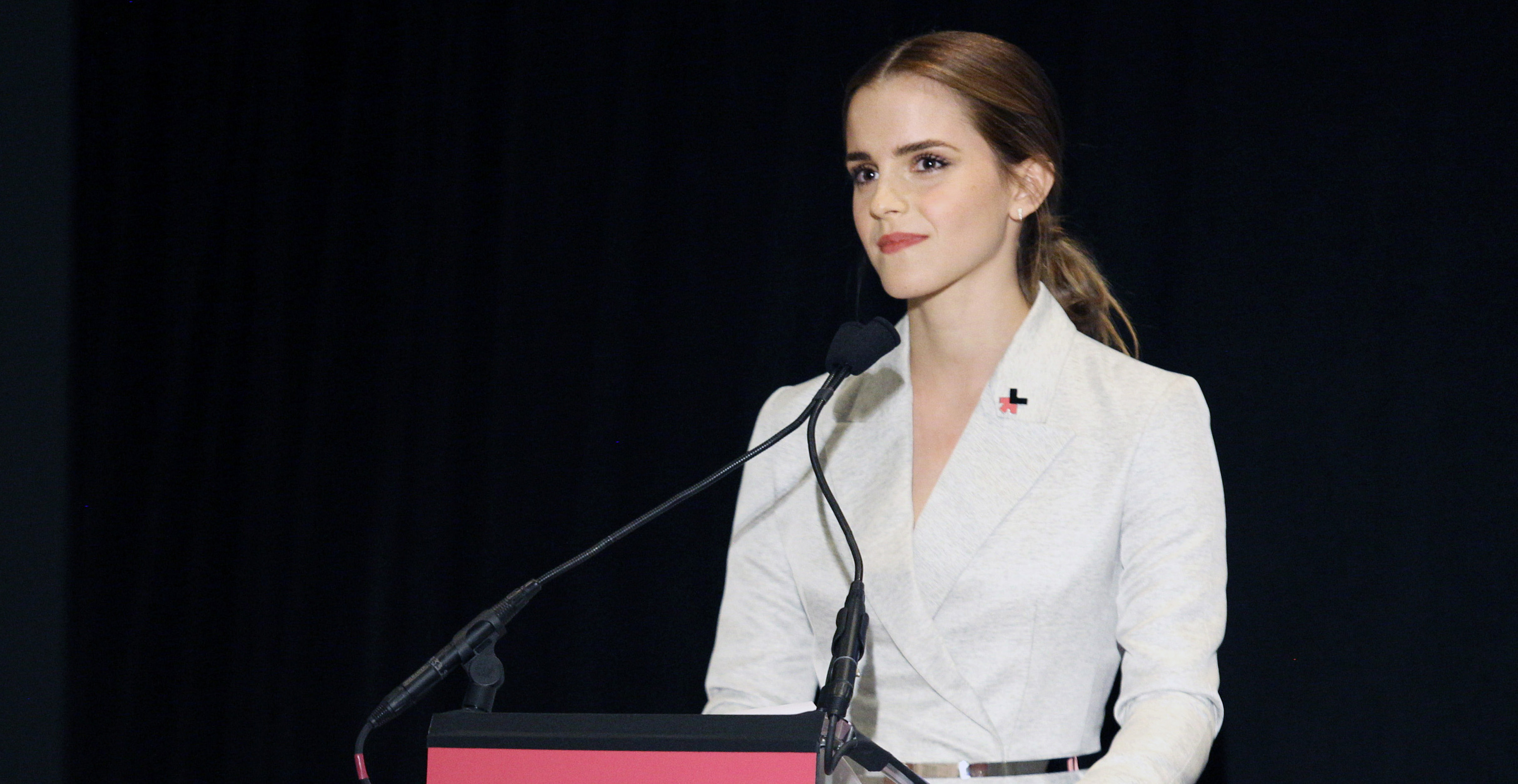Let me be clear: Men should understand and embrace feminist principles for their own sake.
Feminism is divisive. A July 2014 poll conducted by YouGov.com showed only half of men consider themselves feminists, even when feminism was defined as belief in the “equality of the sexes.” Only half of men believe in equality? Men have more enthusiasm for the Mayweather-Pacquiao boxing match than that.
First, I have to give my definition of the “F” word. The term “feminism” is convoluted and covers many different movements, all under the aforementioned banner of “equality of the sexes.”
First-wave feminism from the turn of the 20th century is pretty settled. If you don’t agree with universal suffrage, this is not the column for you.
Second-wave feminism, for cultural and economic acceptance, grew from the 1960s counterculture movement. Many of these ideals remain unrealized, but active individual discrimination has been decimated.
Glass ceilings persist (and are cracking), but there aren’t many insisting that all women should be homemakers, “Pleasantville”-style. Numbers from the U.S. Bureau of Labor Statistics show that women have parity with men in higher education and are increasing in numbers in the workforce.
The real fight to make men feminists is in the third wave. This is part of the contemporary social justice nexus pervading media like Tumblr and Buzzfeed. Systems of power are held up for scrutiny. In turn, those who are aware of privilege, including male privilege, can build a more nuanced identity for themselves.
Feminism creates a healthier understanding of gender unique to each of our own lives. This is where men should listen up.
How often have I faced pressure by dominant cultural expectations? When have I felt shame at lack of abs or a man bun? Where have I seen men suffer from male violence? When have I worried about being called a p*ssy?
In his TED talk, Jackson Katz, founder of the program Mentors in Violence Prevention (MVP), said “gender issues” does not mean “women’s issues.” Men have a gender, too. Feminism teaches that I can build my own understanding of masculinity.
My view of masculinity focuses on my identity independent of others. I see masculinity not as the opposite of femininity, as society posits, but as the acceptance of maturity that I’ve gained from my youth.
Manliness as the opposite of womanliness is a superficial definition that is as indefinite as the changing role of women in society. Indeed, when women entered the workforce in the 1970s, the disruption of the male breadwinner archetype caused a crisis in men that remains unresolved at large.
Gender is a continuum. Men and women can demonstrate shades of impulsiveness or aggression or other “typical” male characteristics.
But my gender is firmly rooted. Manliness, as the opposite of childishness, exalts virtues like responsibility, respect and healthy resilience. It values brotherhood and coming-of-age experiences sought throughout male cultures (including fraternities).
Likewise, women can value these virtues and still remain feminine. Two different musical instruments playing the same notes will produce two different sounds.
However, this is only my opinion. Truth may be different for different guys. The imperative question is not “Should men be feminists,” but instead, “What does it mean to be a man?”
I would not have my answer without feminism.
Patrick Quinlan is a junior majoring in international studies and political science.
Featured photo courtesy of UN Women.







